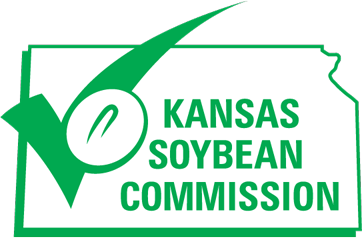Net Neutrality debate affects rural broadband
Net neutrality – the principle that internet service providers must treat all communications equally – is back on the table after being repealed in December 2017. Net neutrality has three pillars for equal communication: no blocking, no throttling, and no pay-for-priority. Essentially, ISPs cannot prevent or slow down access to specific websites or services, and website hosts cannot pay to ensure fast access to their content.
Net neutrality intersects with something top of mind for many farmers – rural broadband access. Having equitable broadband reach is necessary for farmers to be efficient and profitable on their operation. Today’s farmers depend on data from multiple sources to make time-sensitive decisions.
“Whether it’s uploading maps into the tractor’s GPS to entering data for soil samples or simply trying to make a call, spotty service affects us every day,” Adam Phelon, KSA director, says.
The Kansas Office of Broadband Development works to help Kansans bridge the digital divide by advancing broadband access. As part of the Broadband Equity Access and Deployment five-year plan, the agency proposed a program to address connectivity challenged. Title Kansas Broadband Ready Communities, it is “designed to pave the way for improved broadband access in communities across the state,” according to the Kansas Commerce website.
The five-year plan also aims to:
- Ensure universal broadband coverage to every home, business, farm and Community Anchor Institution
- Leverage innovative solutions and “future-proof” technologies for broadband deployment and accessibility
- Continue to develop and evolve the digital economy throughout the state
- Ensure all Kansans can live, learn, work, play and compete regardless of where they live in the state
Proponents of net neutrality say it ensures fairness for small ISPs and should improve connectivity across rural America. Opponents say its implementation could result in decreased access and higher costs for consumers due to regulations, system strains and infrastructure investments.
“Farming can be a high-stress environment and having quality internet service is absolutely essential in limiting the number of mistakes,” Phelon says. “When we are not able to be efficient with our time and decision making due to lack of data, it can ultimately affect yields and our ability to stay profitable and sustainable and even affect how safely we can do our job.”
While the Kansas Soybean Association monitors legislation related to broadband infrastructure, it has taken no position on net neutrality.

